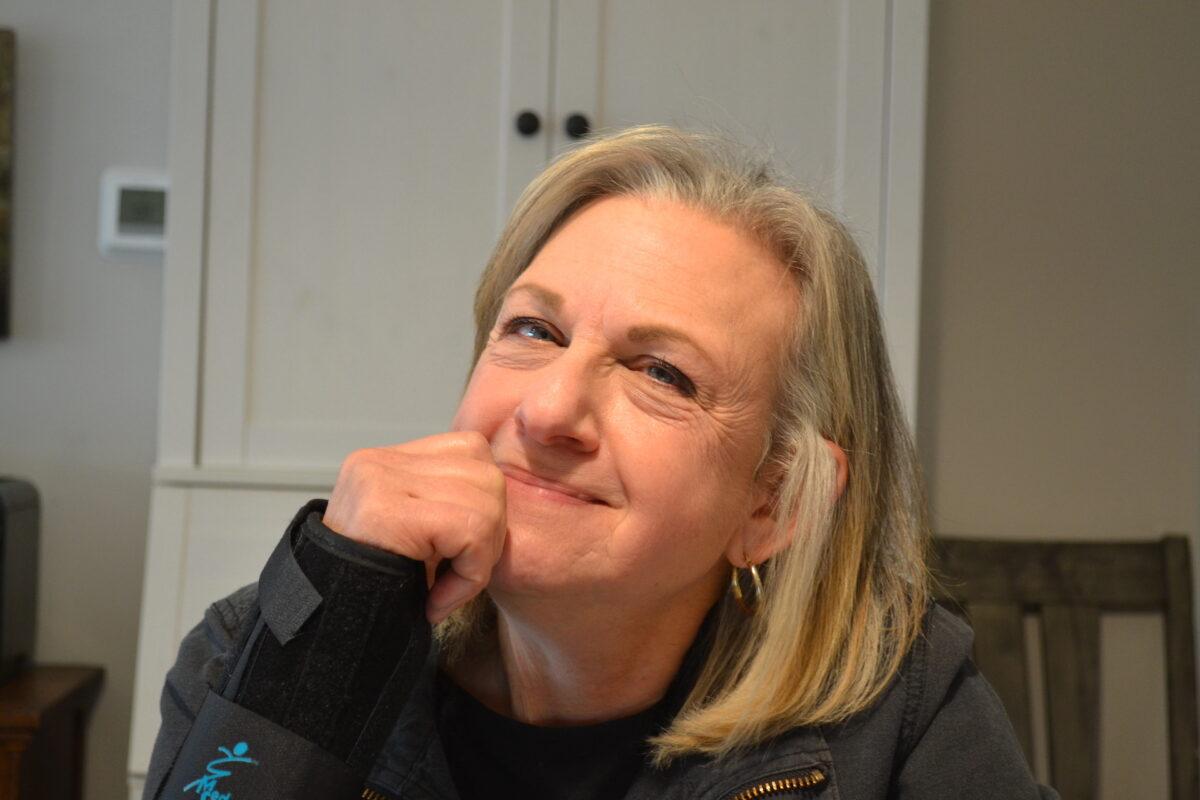Piñatas
Suzanne fabricates piñatas
into things she longs to bash
open, surprised by the spill
of sweets she hid there.
Blowing just so, Suze ties
off another powdery balloon.
Heads pin pricked when hard.
Guts that will spill the goods.
This mother drew two sons
from their father, then ceded
power to save their guts from
spilling in his gutter fight.
Suzanne cradles a fragile cup
not shattered by her dreams.
Dressing its wounds with gold
heals something hollow.
That Song
That song always makes you smile.
Its instrumental start starts
your mouth moving, one-quarter-
second behind the broadcast.
Sure as you are of every move,
you never could catch every word.
You gaze into exuberance. Swirling
skirts, patent-mirror shoes, heart beats
mingling with trumpet and sax.
Through tremors, that song rocks you.
You fling your hand across
the covers, reaching for hers.
Look! Tapping toes, snapping
fingers. To plucked bass,
chicked high hat, she returns
your grasp. You sweep her
into an elegant dip and catch her
with every word of that song.
Now Starts the Telling
Now
starts the telling. Whose threads
to tug at first? Who gets their peace frayed
before the next person gets their
piece frayed? In order of operations,
is it worse or better to tell mom first?
Or brother? Or best friend, for whom
Stage One would’ve been welcome.
Tugging will tighten the weave.
I am relieved, but uncomfortable
picturing my old spotters beyond
the net. Arms up, feet shuffling
to match the winds they cannot feel,
shifting my trajectory. I am rusty, was
never great at these derring-moves.
Starts the erosion.
Of peace I scramble for up craggy ridges,
to glance back then stare ahead,
lists in hand. Each assaulting cell
slaughtered brings my comeuppance
down with it: tasered nerves, crackling skin.
Fatigue like cement setting.
Life is sacred. No Stage Four
permission to say, Haven’t
I lived enough? Can’t treatment
be a retreat? No.
Now
starts the defensive war.
first salvo fired, fingers point
at my fat cells for storing hormone-
munitions past the sell-by date.
Blame me for my BMI, judge
my next bite of rye
bread, scoop of mint chip,
as the spark that ignited WWIII.
Starts the cheerful carrying-on.
Mowing. Poems. Putting on socks.
Blinding myself to old beloveds’ arms
aloft, feet shuffling. Ringer silenced.
Regardless, I take worried calls.
They believe their lies and in me.
They tighten the knots.
Now
starts the telling. Except that
as long as I keep writing,
I won’t have to pick up the phone.
Rhonda Rosenheck is a poet, humorist and bible-translator living in New York’s Capital Region. Her publications include The Five Books of Limericks; Sin No More! A Biblical Sea Shanty, Looking: Out, Up, In & Under Rocks, Yiddische Yoga: OYsanas for Every Generation, and as Bud Rose, Tongue Twisters for Terrible People. Works-in-progress include a translation of the Book of Genesis, a collection of crime poems, a chapbook of poems and a card game. Rosenheck’s work has appeared in Heirlock and Kings River Life magazines, Wingless Dreamer and Paragon Press journals, and in the anthology, A Book of Sonnets (2020). Rhonda enjoys reading poetry aloud and attends open mics regularly. She recently finished fourth in a story slam and second in a poetry slam. Her poem MakerSpace was performed at the Glimmer Globe Theater in Cooperstown, NY. Residency invitations include Rockvale Writers Colony (TN, USA) and Fish Factory Arts Centre (Iceland, June 2023). After thirty-three years in educational leadership, Rhonda founded and sold a copyediting business. She writes and steeps her life in nature, joy and meaning: each day a Haiku.







Ma’am, your poems made me ponder on the possibilities and beauty that poetry continues to be steeped in. That’s the genius of your works. If in the first one, holding a cup is akin to the only self-defense mechanism against patriarchy, in the second I could absolutely relate with the feeling of letting a song touch us by its textures and sonic worlds even if we don’t always get the words right. The third tugs at the heartstrings by its realistic eye, its empathetic voice regarding terminal illness and the all-too human see-saw between hope and dejection, all in the manner of mortality slipping away inspite of all medical interventions or tender words of hope.
Thank you for your words and vision.